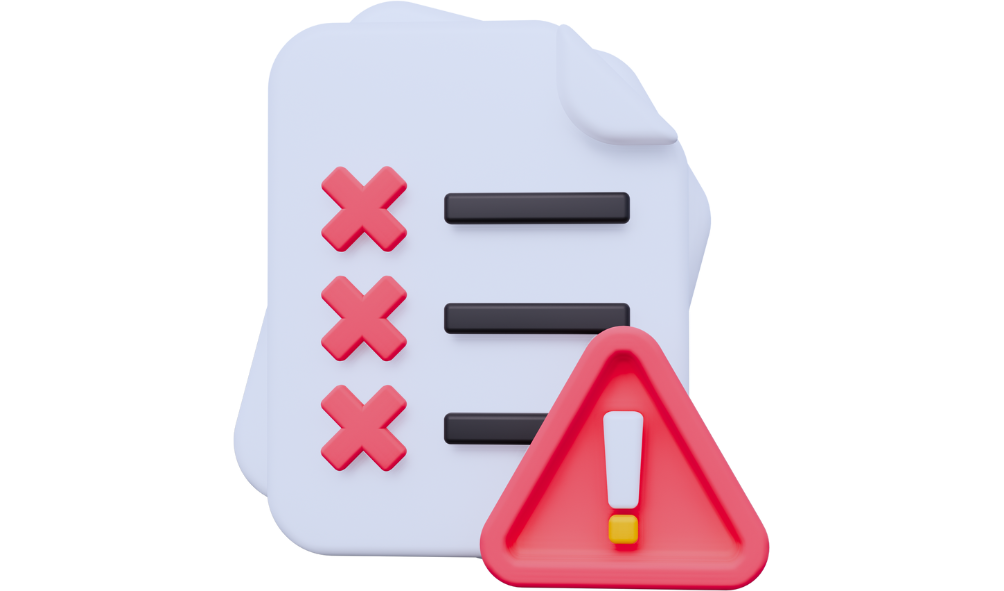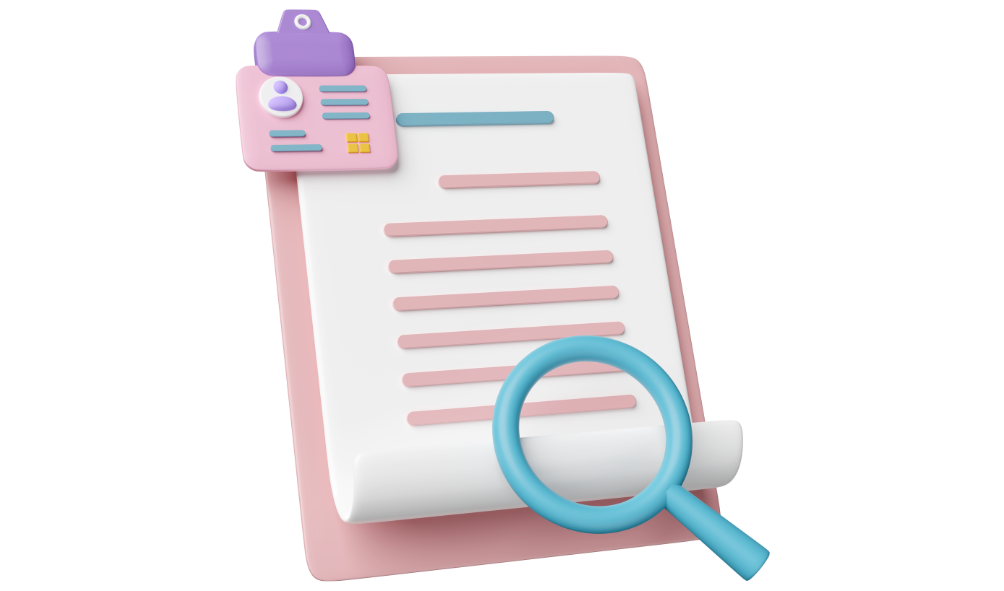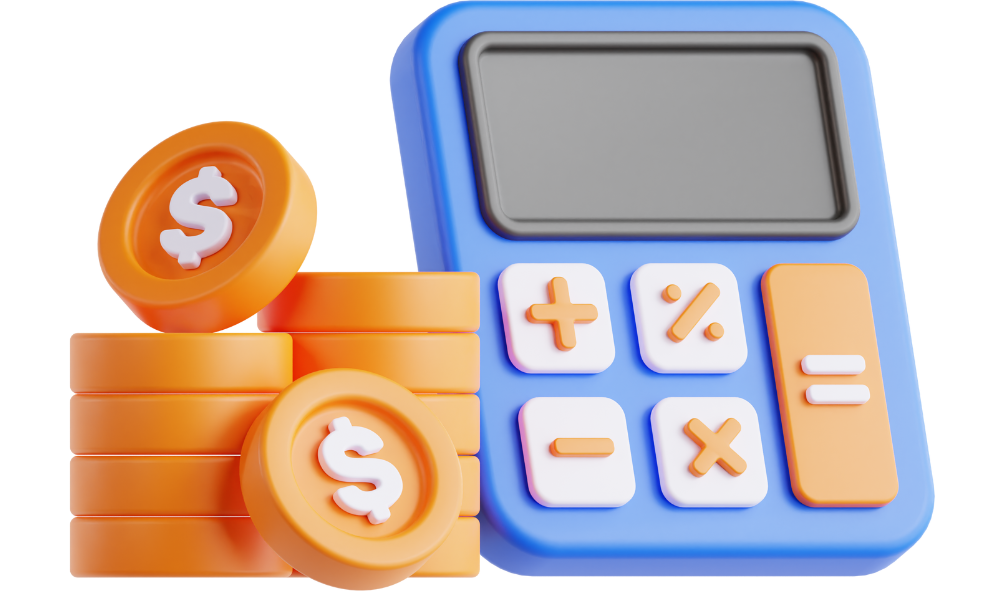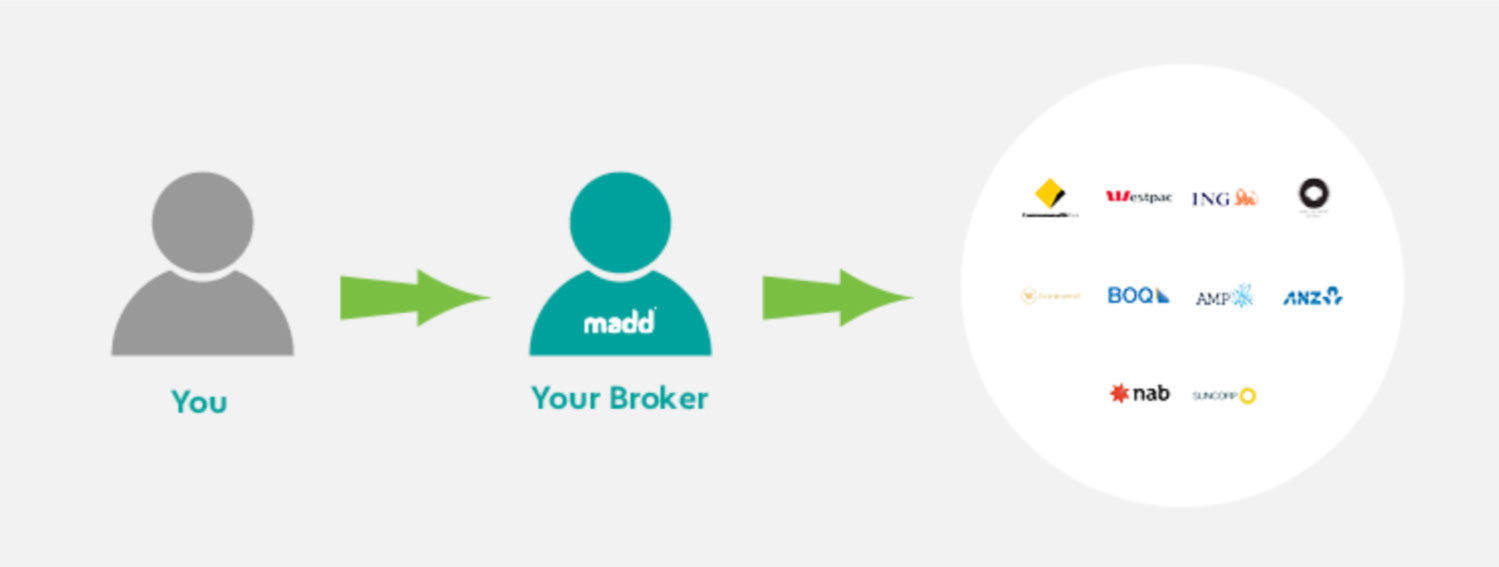For native Queenslanders or those who would like to be, finding the right Brisbane mortgage broker is crucial for successfully navigating the world of finance.
In Australia, almost three quarters of new residential home loans are now written by mortgage brokers. While this figure is substantially higher than it once was, considering that mortgage brokers have access to a wide pool of financial products and offer unbiased guidance, it makes sense that more people are choosing to use one.
Regardless of whether you’re a seasoned investor, first home buyer or are simply looking to refinance, it’s no secret that home loans have the potential to be stressful. From finding the best possible interest rate to presenting your application, dealing directly with a lending institute can be intimidating if you’re not confident in how the process works. The alternative? Partnering with a Brisbane mortgage broker.
In simple terms, the role of a mortgage broker is to act as an intermediary, or someone who navigates home loan products and their applicable terms on behalf of individuals or businesses. They serve as the ‘middleman’ between the lender and the borrower and handle the time-consuming process of securing the loan and gathering the considerable paperwork involved.
The end goal is to act in your best interests when finding a home loan product and negotiating the terms on your behalf.
Once they have enough information to paint an accurate picture, a mortgage broker will calculate what an applicant can afford to borrow, source home loan products that suit the individual’s situation, and present the applicant with financial products that best match their position.















